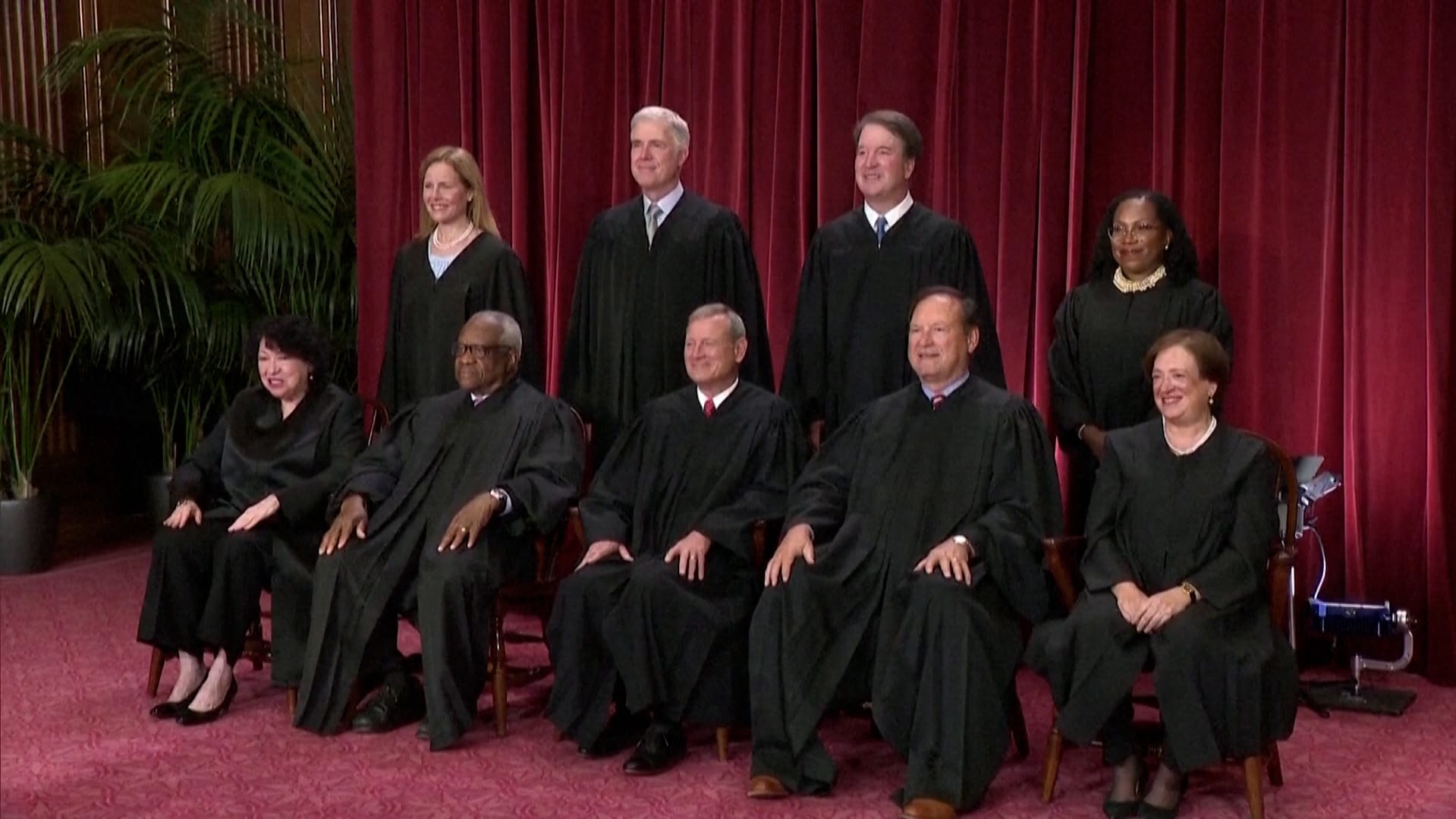Trump, porn and religion: More major Supreme Court decisions coming soon

WASHINGTON − The Supreme Court is heading into the homestretch for its biggest cases of the year, with potentially landmark opinions still to come on immigration, pornography, religion and health care.
Decisions coming as soon as June 26 will resolve whether President Donald Trump can enforce his changes to birthright citizenship while his new policy is being litigated. The ruling could make it harder for judges to block any of the president’s policies.
The justices will also issue decisions on how states can keep minors from accessing online pornography, and on defunding Planned Parenthood. Other rulings will determine if health insurers have to cover certain medicines and services, like HIV-preventive medication and cholesterol-lowering drugs, and whether a federal program that subsidizes phone and internet services through carrier fees is constitutional.
The Supreme Court still has to decide the last of three cases brought this year by religious groups. The justices will say if parents should be allowed to remove their elementary school children from class when storybooks with LGBTQ+ characters are being read.
The court’s pending opinion on Louisiana’s congressional districts could impact the 2026 elections as well as affect states’ ability to consider race when drawing legislative boundaries.
The court has already issued major rulings on guns, treatments for transgender minors, “reverse discrimination,” and how the Americans with Disabilities Act does or doesn’t protect retirees and help students who need specialized learning plans.
Here’s a look at what’s still to come:
Birthright citizenship: limiting challenges to Trump's powers
Trump’s executive order limiting birthright citizenship has been put on hold by judges across the country who ruled it’s probably unconstitutional.
During the May 15 oral arguments, none of the Supreme Court justices voiced support for the Trump administration’s theory on the matter. The administration says Trump's order is consistent with the 14th Amendment’s citizenship clause and past Supreme Court decisions about that provision.
But several of the justices have expressed concern about the ability of one judge to block a law or presidential order from going into effect anywhere in the country while it’s being challenged.
It was unclear from the oral arguments how the court might find a way to limit nationwide – or “universal” – court orders and what that would mean for birthright citizenship and the many other Trump policies being challenged in court.
Preventing students from reading LGBTQ+ books and minors from viewing porn
The court’s conservative majority sounded sympathetic in April to Maryland parents who raised religious objections to having their elementary school children read books with LGBTQ+ characters.
And in a case about Texas’ requirement that websites verify users are 18 or over, one justice expressed her own parental frustration over trying to control what her children see on the internet. Justice Amy Coney Barrett, who has seven children, said she knows from personal experience how difficult it is to keep up with the content-blocking devices that those challenging Texas’ law offered as a better alternative.
But while the justices were sympathetic to the purpose of Texas’ law, they may decide a lower court didn’t sufficiently review whether it violates the First Amendment rights of adults, so it must be reconsidered.
The future of Planned Parenthood and preventive care coverage
Unlike last year, when the court considered two cases about abortion access, that hot-button issue is not directly before the court. But the justices are deciding whether to back South Carolina’s effort to deprive Planned Parenthood of public funding for other health services because it also provides abortions.
The issue is whether the law allows Medicaid patients to sue South Carolina for excluding Planned Parenthood from its Medicaid program. The court's decision could affect care options beyond the controversial realm of reproductivehealth care for women.
And in the latest conservative challenge to Obamacare, the justices are weighing whether health insurance companies have to provide free access to cancer screenings, cholesterol-lowering medication and other preventive health care services recommended by a task force.
Internet subsidies and federal agency power
The future of an $8 billion federal program that subsidizes high-speed internet and phone service for millions of Americans will be decided in the coming days in a case that raised questions about how much Congress can “delegate” its legislative authority to a federal agency.
A conservative group argues that the telecommunications program is funded by an unconstitutional tax because a private administrator overseen by the Federal Communications Commission distributes the funding, collects the fees and estimates how much needs to be raised each quarter.
Racial gerrymandering versus Black voting power
A challenge to Louisiana's congressional map by non-Black voters tests the balancing act states must strike, complying with a civil rights law that protects the voting power of a racial minority while not discriminating against other voters.
The outcome will also determine if the state can keep a map that gave Democrats an advantage in the disputed district, a decision that could make a difference in what could be a close battle for control of the House in the 2026 midterm elections.